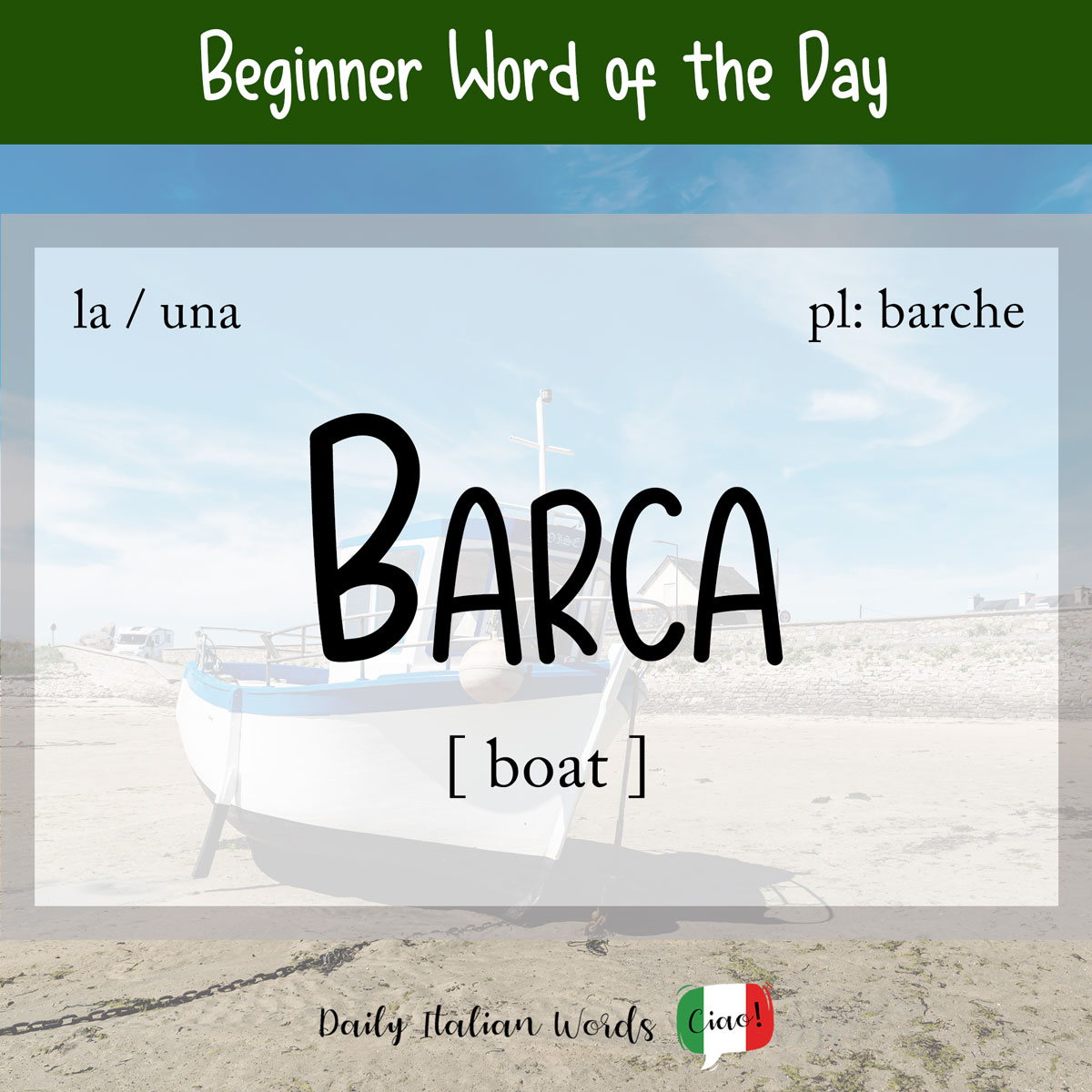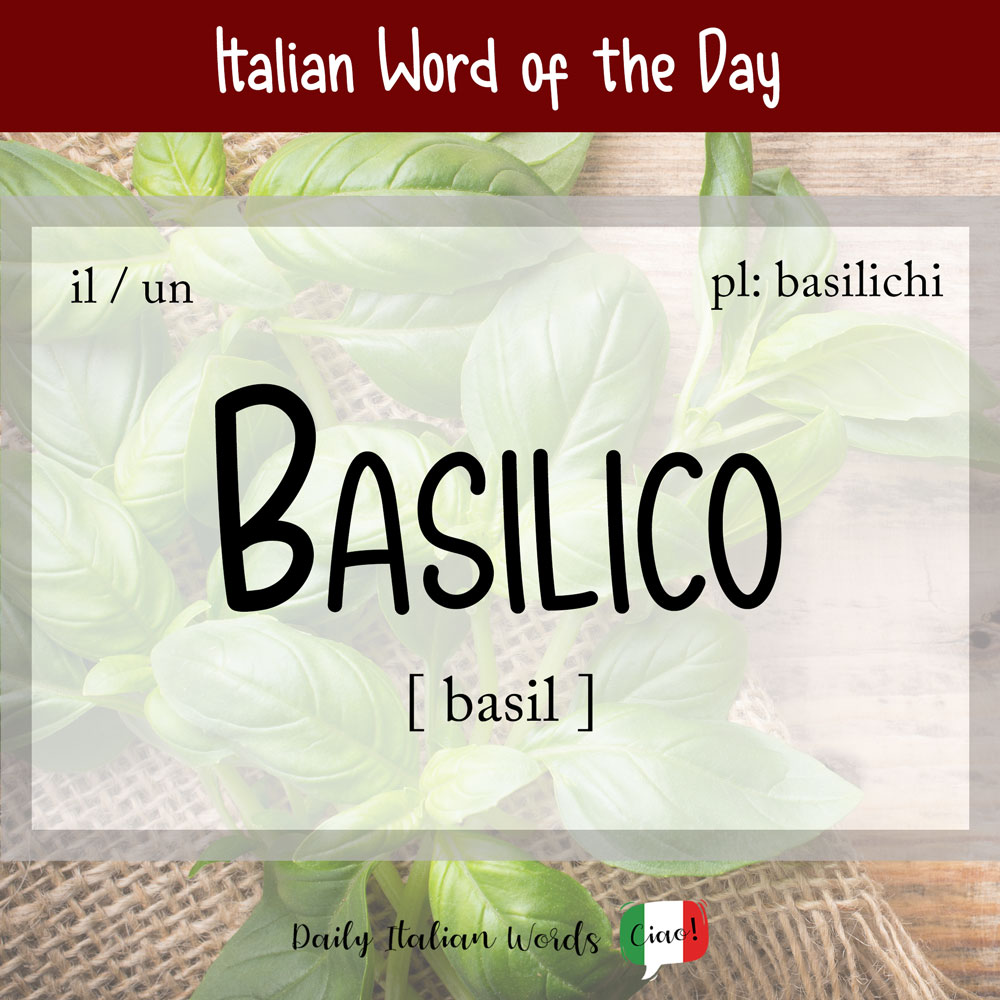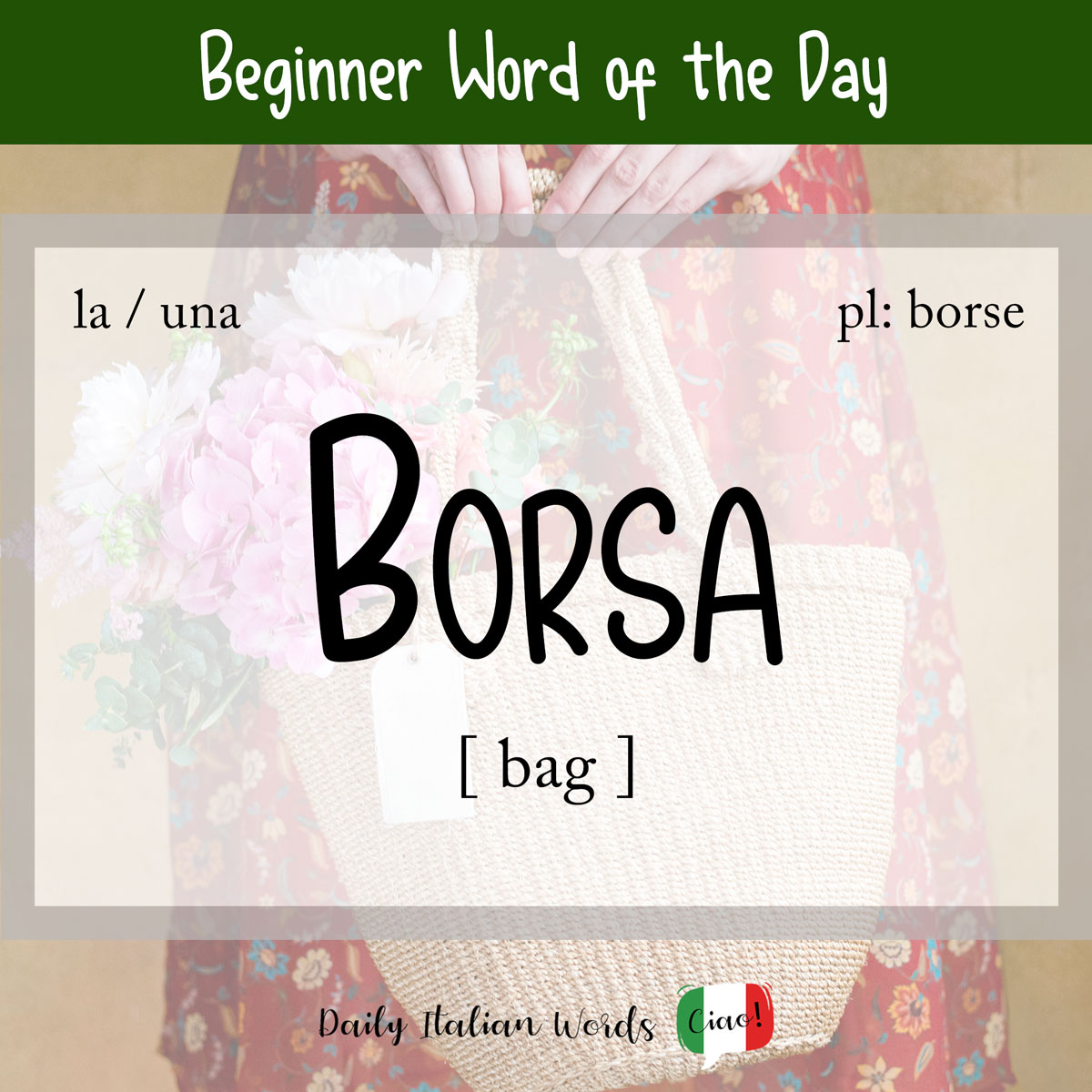Italian Word of the Day: Quasi (almost / nearly)
A very useful Italian adverb is quasi which generally translates as almost or nearly in English. This word, as well as the English combining form quasi-, both derive from the Latin word of the same spelling meaning almost or as if. It can modify nouns, adjectives and other adverbs. For example: So quasi tutto su …






